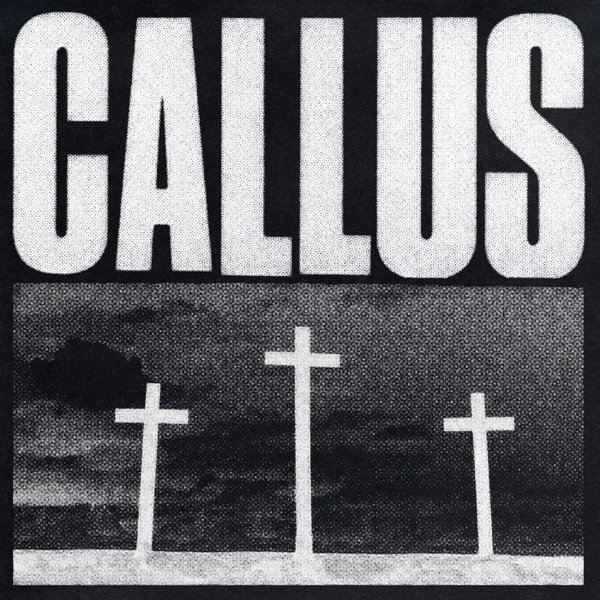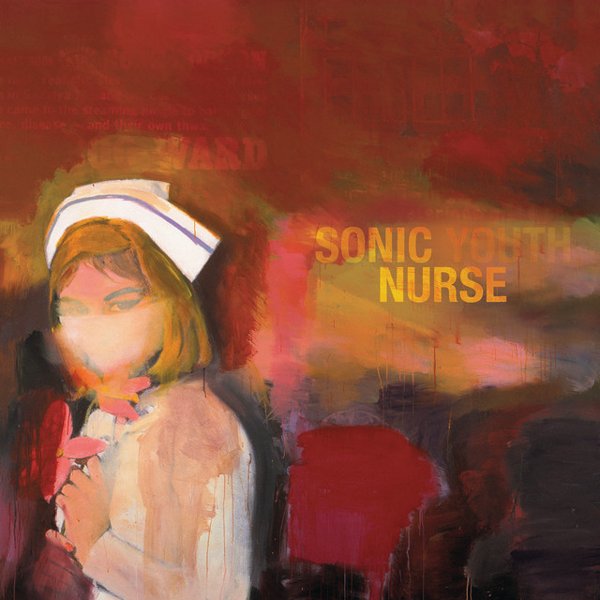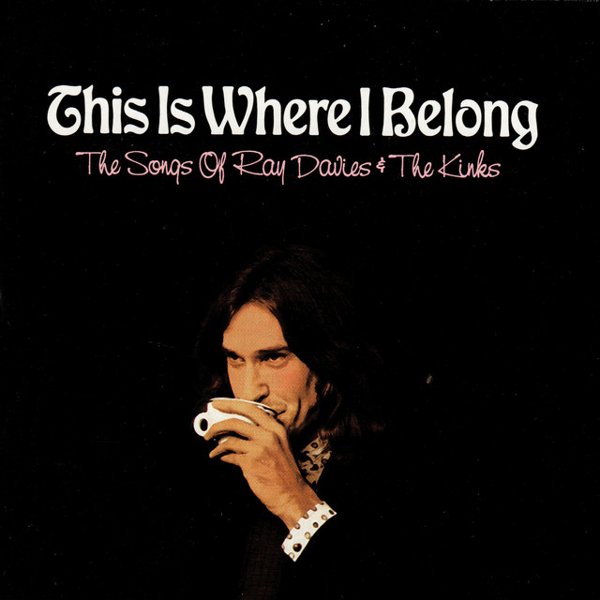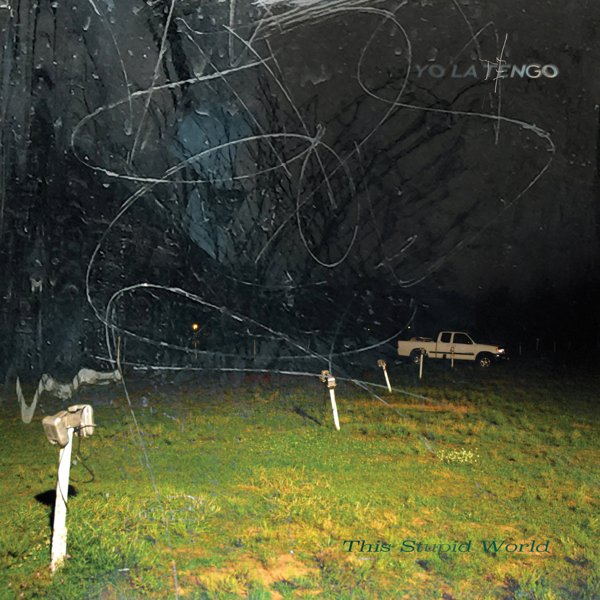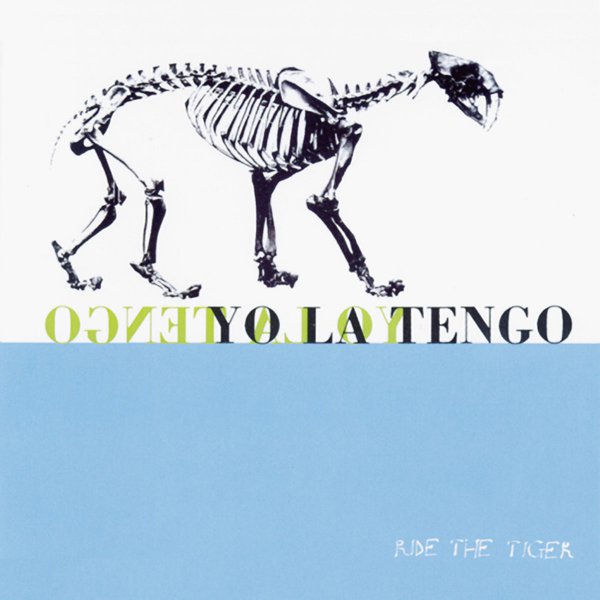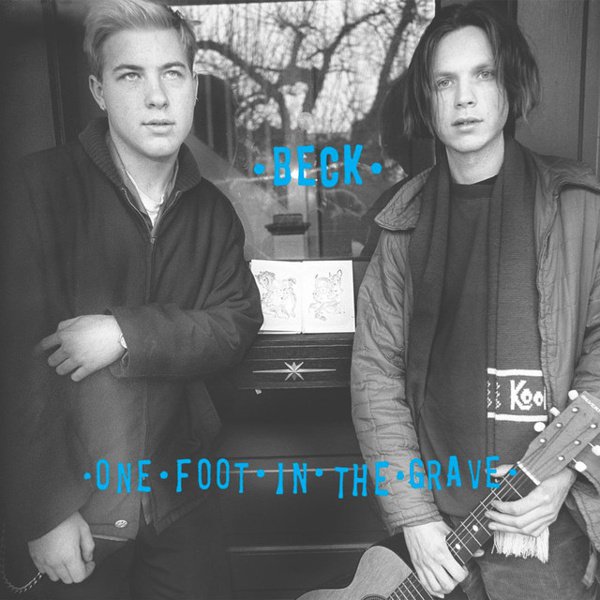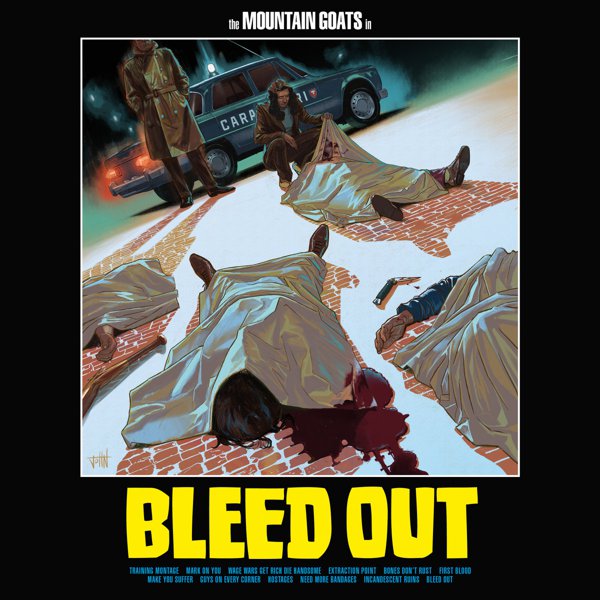May I Sing With Me
Painful might be the album where it all clicks and Yo La Tengo finally become the band they’d be known as for the next three-plus decades, but its precursor is where the pieces had started to finally fall into place — they just hadn’t fully settled yet. That’s not to call the added presence of new bassist James McNew a disruption or an adjustment process; far from it, his playing immediately fills out a wide-spectrum sense of force and punchiness and low-hum resonance that’s been integral to the band for so long now that his absence on the earlier records feels palpable. Between that and Georgia Hubley’s increased role — the already-versatile drummer really starts coming into her own here as the band’s second voice and songwriting collaborator — you can see the oncoming greatness of their Matador run barrelling towards you at full speed. The reason this band sounds unsettled is more of a deliberate move, led by Ira Kaplan’s insistent guitar, which he throttles into beautifully abrasive shape and pushes his simple-chord propulsion into freeform turf that’d make Thurston Moore do a double-take. One of the only things more intimidating than the feedback-symphony squall in “Mushroom Cloud of Hiss” is the fact that it only seems to gain momentum over the course of nine-plus minutes, erupting into successive waves of stormy, sharp-textured fusillades that make mincemeat of the idea that kind of untethered punk energy’s only really sustainable three minutes at a time. And the only thing more startling than that is how that momentum works in their more subdued moments, too; the languid monomania of the downtempo groove to instrumental “Sleeping Pill” really bolsters the impact of how Kaplan builds from stray simple chords to restlessly shifting riffs to wandering improvisation to sheer tonal immersion. But they can still nail their pop instincts, too: the hushed yet bouncy closer “Satellite” is the gem of the album, a short, soft, but resonant foregrounding of this newformed variable-power trio that feels like the open-ended, potential-foreshadowing ellipses at the end of a mission statement that might otherwise read as declarative. And while their lyrics are still fixated on the sense of doubt and alienation that gets in the way of understanding other people (or one’s own self), their purpose doesn’t feel as elusive as before, maybe because the music itself has risen to the occasion of filling in the rest of the text for the tersely written likes of ennui conniption “Some Kinda Fatigue” or the awed, uncertain sense of curiosity and fascination in “Swing for Life.” This might be one of those albums better suited to diehards than entry-point fans, but it’s interesting to hear this band realize that their music has grown to possess the confidence that the songs’ subjects themselves seem to lack.


